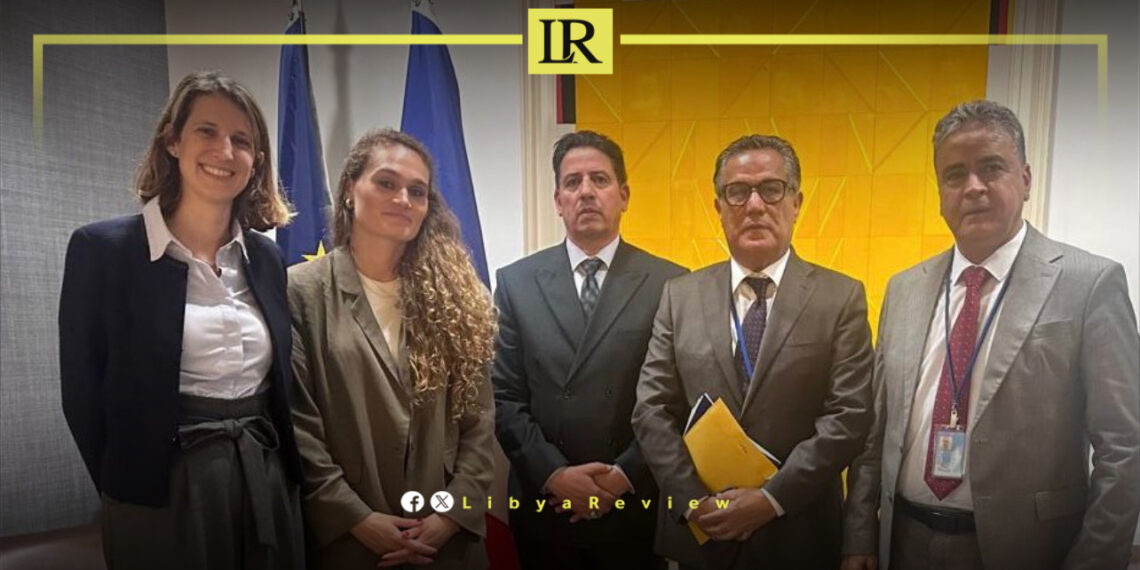Libya’s Parliamentary Committee for Investigating Frozen Assets Abroad, chaired by Youssef Al-Agouri, continued its diplomatic engagements this week in New York, holding a series of meetings at the United Nations headquarters to discuss ways to protect Libya’s frozen funds and strengthen mechanisms for managing and investing them in accordance with UN Security Council resolutions.
Al-Agouri explained that the committee’s mission is to ensure the preservation and transparent management of Libya’s sovereign assets, which have been frozen under international sanctions since 2011. He said that the committee aims to develop international cooperation frameworks that would allow Libya to safeguard these assets and, where possible, reinvest them responsibly for national benefit.
The committee began its consultations with representatives of the African Group at the UN, who expressed full support for Libya’s initiatives and reaffirmed their willingness to coordinate with the Libyan delegation and the country’s permanent mission to the United Nations. Discussions focused on increasing African backing for Libya’s efforts to maintain and potentially grow the value of its frozen assets.
The Libyan delegation also met with Greece’s Permanent Representative to the UN, briefing her on recent developments concerning the frozen funds and the need for enhanced transparency and oversight. The Greek ambassador expressed her government’s support for Libya’s legitimate requests and readiness to raise the issue within the Security Council and Sanctions Committee.
In a separate meeting, the Libyan delegation met with members of the French mission to discuss legal aspects of implementing UN Security Council Resolution 2769, which permits the Libyan Investment Authority to reinvest frozen assets under international supervision. French representatives reaffirmed their country’s backing for Libya’s efforts and expressed readiness to coordinate directly with the Libyan Investment Authority.
Al-Agouri emphasized that the committee’s work will continue until Libya’s frozen funds are fully protected and managed within international legal frameworks that ensure national interests are preserved.


